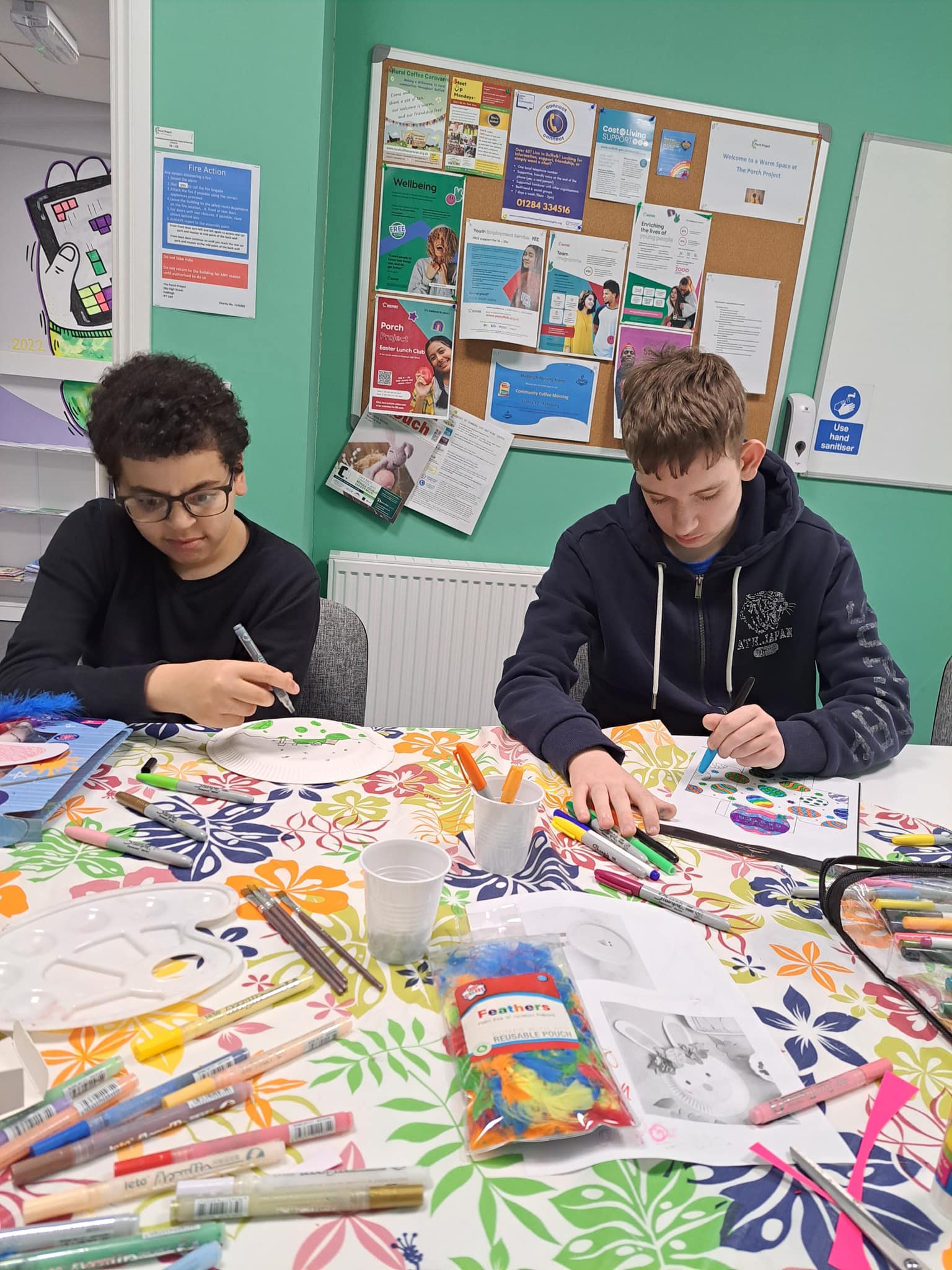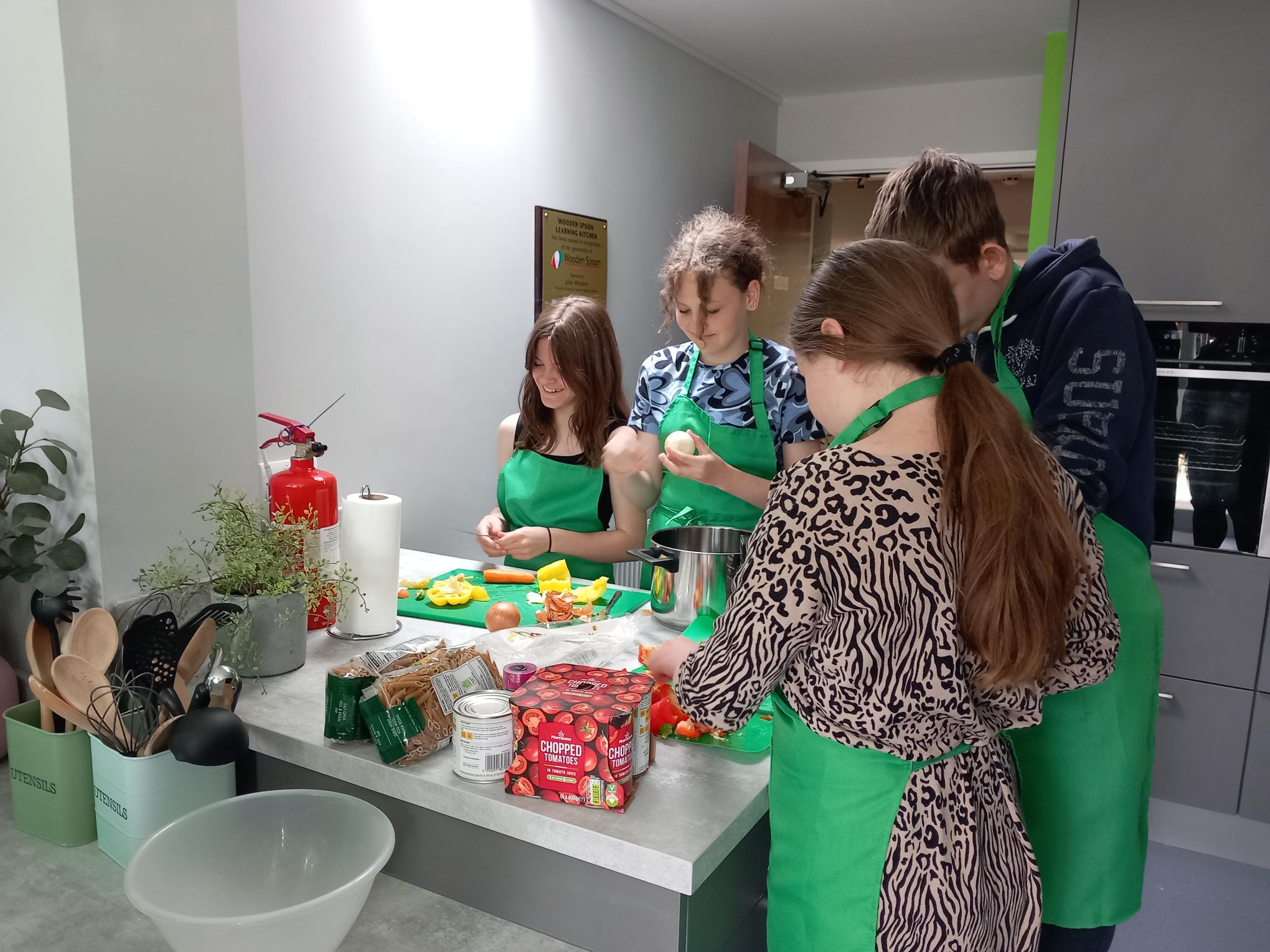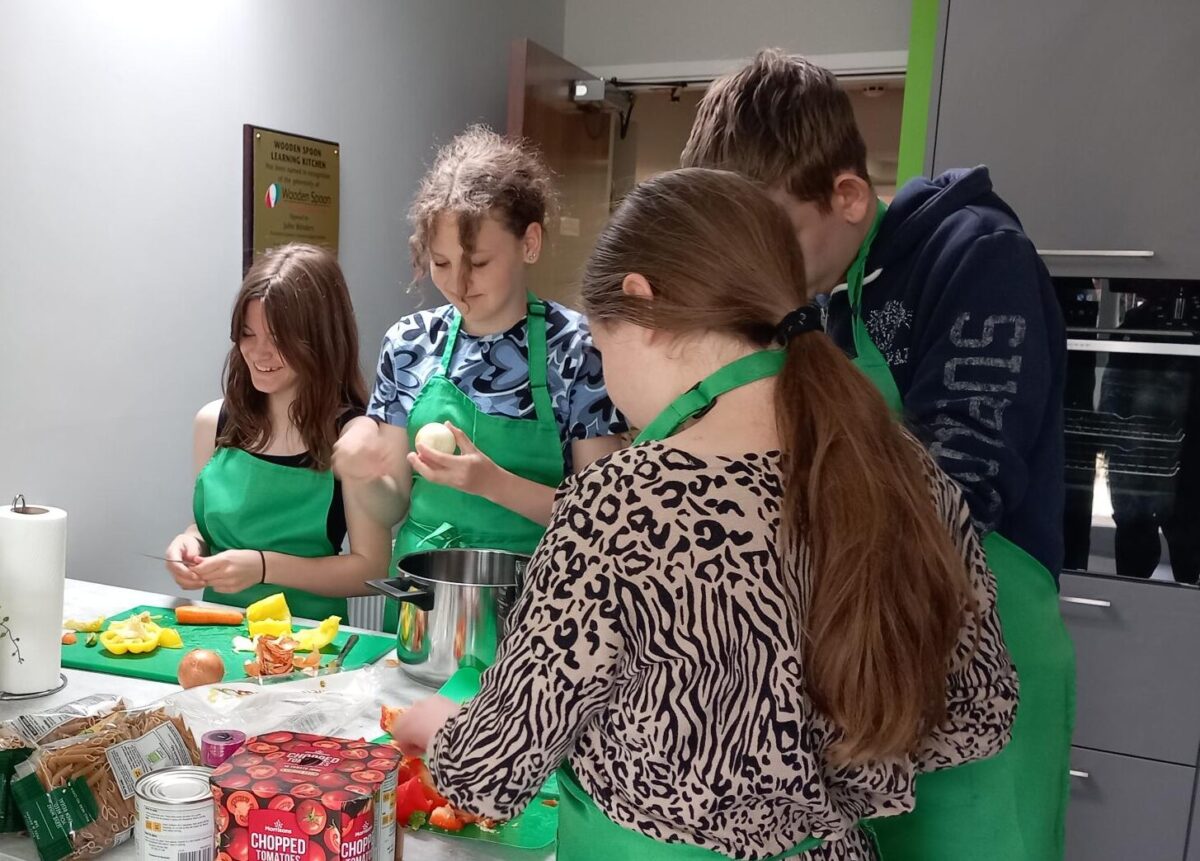In recent years, several youth clubs have had to shut their doors following government cuts to local council budgets.
And now, a new study has revealed the effect that’s had on young people.
Research from the Institute for Fiscal Studies suggests teenagers whose nearest youth club closed did worse in school, with the impact being “roughly equivalent to a decline of half a grade in one subject” in their GCSE exams.
The impact was even more severe for young people from lower socio-economic backgrounds, whose test scores fell by the equivalent of more than a grade in one subject.
Research last year from Unison found 1,243 council-run youth centres, equivalent to two-thirds, closed between 2010 and 2023 because of government cuts.

The IfFS report estimated that for every £1 saved from closing youth clubs, “there are societal costs of nearly £3”.
It said: “The research finds, for example, that after a youth club closed, local teenagers reported spending less time doing homework and more time playing videogames and on social media.
“This is likely due to youth clubs providing a good place for studying. But the results also suggest that youth clubs provide wider development benefits – perhaps through mentoring from youth workers – that spill over into school performance and wider life.”
Inspire’s Youth & Community Work Co-ordinator for the Babergh area, Karl Foster explained how having youth clubs, such as the drop in sessions at Hadleigh Youth Centre, can have a positive effect on schooling.
“When young people socialise, they have a community of people to interact with, ask questions and to do their homework with,” he said. “It also provides an opportunity for youth work intervention; if young people are struggling, there’s the opportunity to support them and provide solutions.”
He added: “Having mentorship in any capacity will help with their academic performance.

“If they have a core group of people to interact with, their overall wellbeing improves, so they are likely to pay more attention in school. If they are struggling with school, it can lead to young people not being motivated.
“Making friends with like-minded people in youth centres means that school can be more manageable.
“Statistically, those who engage with youth centres tend to be young people who do not have other opportunities to socialise with their peers. Consequently, when youth centres close, it removes a level of additional support that many need.”
The youth centre, which has recently undergone renovations, also offers the opportunity for young people to do their homework in a different environment, with the Porch Project team on hand to help.
“At Porch Project, we work holistically,” Karl added. “When young people come to the drop-in from school, we ask them about their school work and any challenges they are facing. Young people talk about their homework and how they are managing it.
“We help them revise, look at equations or learn their lines for a play. It’s about showing them that the support is there, and they are not alone in their struggles.”
Jay Wallace-Langan, Pre-16 project co-ordinator added: “We’ve understood the importance of youth clubs and we’ve been lucky enough to have a purpose built youth hub in Ipswich at our Lindberg Road that which will be opening soon.
“It’s going to be great to replicate the important work that Karl and the team have done over at Porch Project, and be able to replicate that at Lowestoft too.”
Find out more about Porch Project here. Keep an eye on our social media for more information about our youth hub opening.




